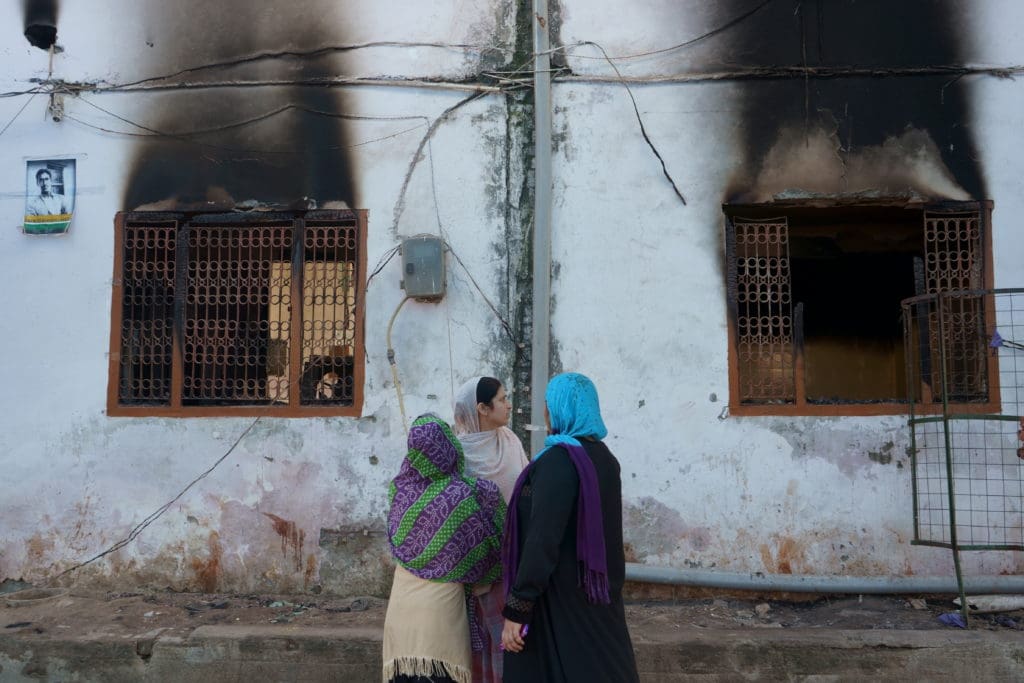
New Delhi: A Delhi court on Saturday, February 4, discharged student leaders Sharjeel Imam, Safoora Zargar, Asif Iqbal Tanha, and eight others in connection with the violence which broke out near Jamia Millia University in Delhi in December 2019.
Additional sessions judge Arul Varma of the Saket district court said the prosecution was unable to apprehend the “actual perpetrators” but made the accused persons “scapegoats”, according to LiveLaw.
The judge noted that the prosecution had filed “ill-conceived chargesheets” in which the police arbitrarily chose to array “some people from the protesting crowd as accused and others as police witnesses”. This “cherry picking” is detrimental to the precept of fairness, the court added.
Judge Varma said, “Dissent was an extension of the fundamental right to freedom of speech”.
“It would be pertinent to underscore that dissent is nothing but an extension of the invaluable fundamental right to Freedom of Speech and Expression contained in Article 19 of the Constitution of India, subject to the restrictions contained. It is therefore a right which we are sworn to uphold,” the judge affirmed, according to Indian Express.
Stressing the need to protect the freedom to dissent, the judge further said, “When something is repugnant to our conscience, we refuse to obey it. This disobedience is constituted by duty. It becomes our duty to disobey anything that is repugnant to our conscience.”
Judge Varma also went on to quote Chief Justice D.Y. Chandrachud who had described dissent as a safety valve of democracy. “The destruction of spaces for questioning and dissent destroys the basis of all growth – political, economic, cultural and social. In this sense, dissent is a safety valve of democracy,” Judge Varma quoted the CJI.
This story was originally published in thewire.in . Read the full story here





